After suffering from an unprecedented amount of snow, plummeting temperatures, and a complete power shutdown, you can bet that many people in Texas will be looking for ways to avoid what happened last week during the hard freeze.
The Texas freeze made international headlines.
The independent nature of the Lone Star State is defined in many ways. Last week its power grid (the only state to have its own) was under scrutiny for being unprepared for more extreme winter weather. Hopefully, the grid will be updated, but more importantly, hopefully Texans will be more prepared in case it goes down again.
This is the time that Texans (or anyone in any state) can get a few great lessons from the people who have stepped away from the traditional life with its more convenient trappings: owners of tiny houses.
Ariel, the owner of Fy Nyth, lives off the grid in Wyoming.
Tiny house owners are not only used to smaller, alternative living, but many of them have moved into tiny homes or RVs in order to be more self-sufficient. They don’t want to depend on the grid, they build extra storage for food, cook with alternative fuels, heat with wood and propane, and install composting toilets that don’t depend on water.
The “rebellious” decisions by tiny house owners are not advantageous to just them. Their tips and the ten additional tips below can easily be adopted by anyone who wants to keep themselves and their families a little safer—no matter what the weather.
1. Have at least three ways to heat your home (or one room) and cook food

Redundancy is key to being prepared for many situations. Have multiple ways to heat your home or yourself (wood stove, fireplace, propane heaters, 12-volt heaters, 12-volt blankets, down comforters and jackets, etc.) and cook (barbecue, camp stove, butane stove, wood stove, etc.). Be sure to follow safety guidelines when it comes to propane and butane stoves.
2. Learn about solar products
Like tiny house owners or even RV owners, not everyone can adorn their roof with solar panels. However, learning about various solar products and investing in a few of them can be very helpful. How about picking up a portable generator that can be charged with a small panel? These generators can be used to run a small heater and charge small devices.
3. Make prepping a weekly chore
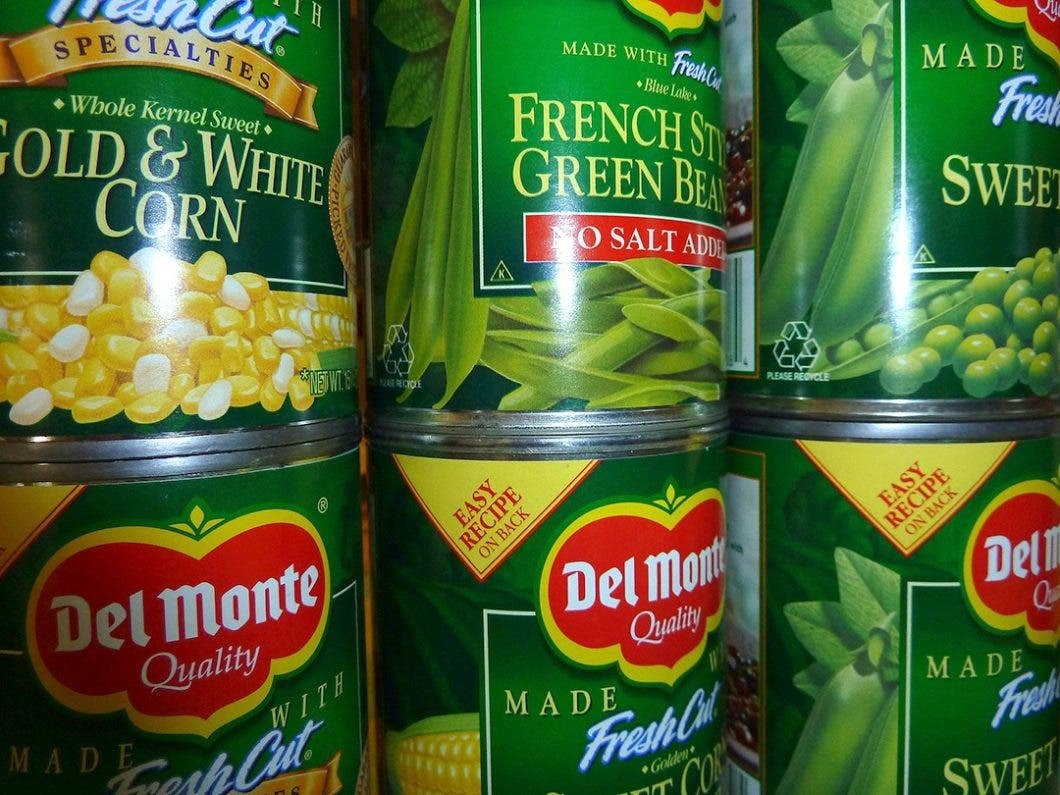
Successful preppers schedule in obtaining emergency supplies or learning new skills into their regular errands. Buying extra canned food or water during shopping trips or reading a book on gardening can be worked into anyone’s schedule.
4. Fuel up
If you are in the military or live with a member of the military, it has been drilled into you to never let your gas tank go below half. Keep your vehicle topped up as much as you can. In addition, make sure you have at least two or three fuel cans filled up for vehicles or gas-powered generators.
5. Prep your car
Speaking of vehicles, make sure yours is ready for any kind of weather. Keep warm clothing and a sleeping bag or 12-volt blanket in your trunk. Learn how to drive in the snow and carry chains or cables for ice. Keep your vehicle in good working condition.
6. Don’t fear (or flush) the potty
Having at least two additional ways to eliminate bodily waste should be high on the list of things to keep in a home. Many tiny homes have composting toilets, but this is also a good time to also look into RV cassette toilets or a plastic bucket with a lid. Don’t forget to also store toilet paper.
7. Learn more about your home and how it works
Many tiny house owners have built their own homes and know them intimately. They understand that for freezing temperatures water main needs to be shut off or faucets need to be kept dripping to prevent them from freezing and busting.
8. Store food that you like to eat
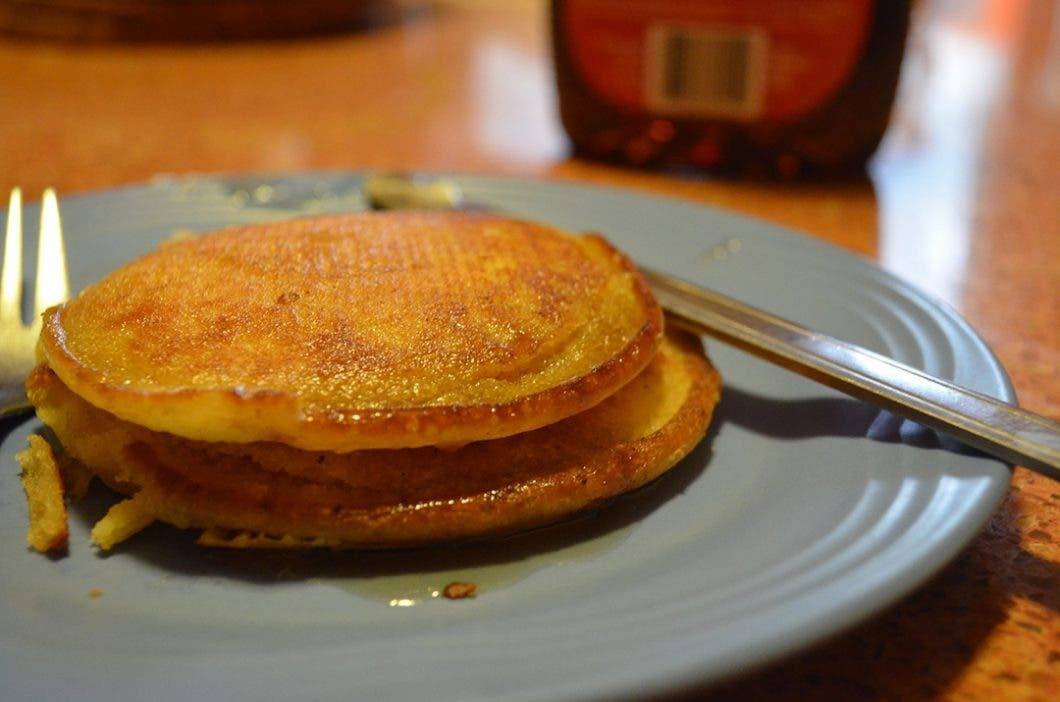
Rice and beans are great, but they take up a lot of room and power to cook. Store simple foods that you enjoy eating such as canned beans, cornbread, pancake mix, backpacker meals, and pasta. Don’t forget sauces and spices that make bland food tastier.
9. Alternative entertainment and communication
Losing power is not fun. Losing internet is really not fun. Be sure to have alternative options for long hours without Netflix. Have books, games, and cards for small groups, and downloaded podcasts or shows on your phone.
10. Communicate with and teach others
If your skills, products, or preps have stood the test of adversity, communicate your ideas with others in your community—especially to people who show an interest in helping their future selves.
Christina Nellemann for the [Tiny House Blog]
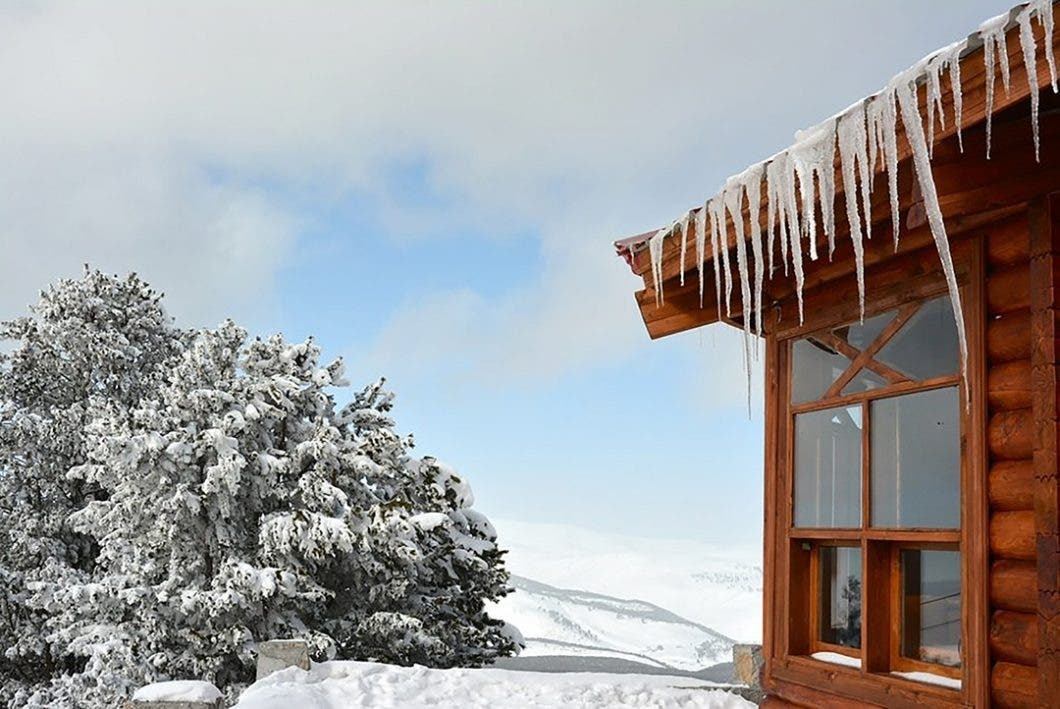
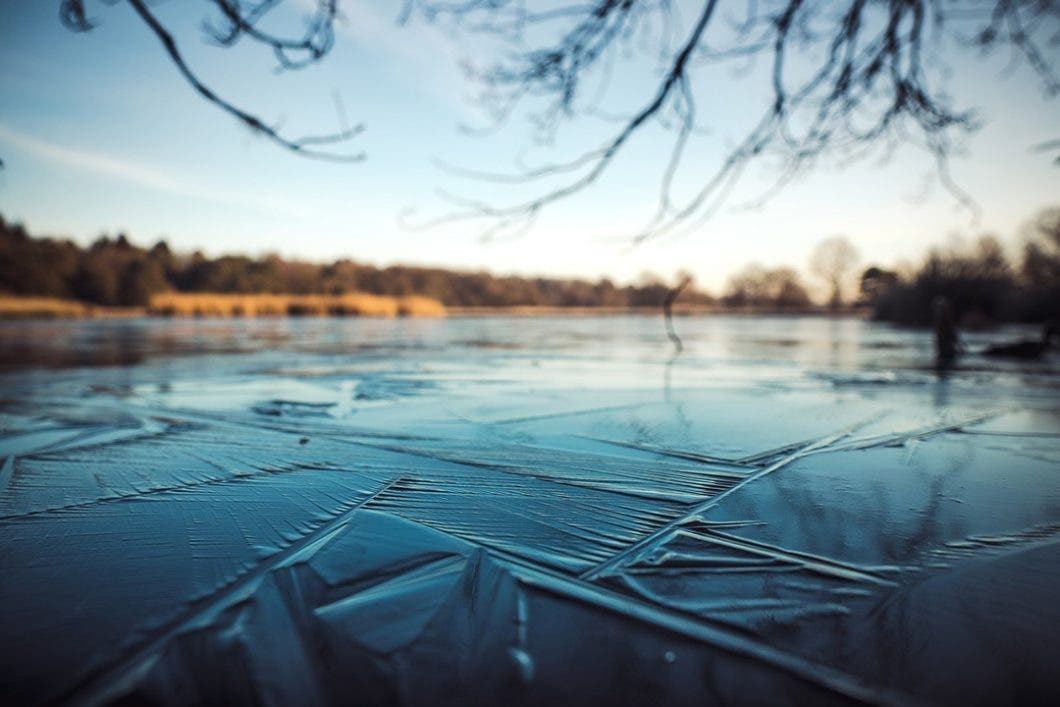
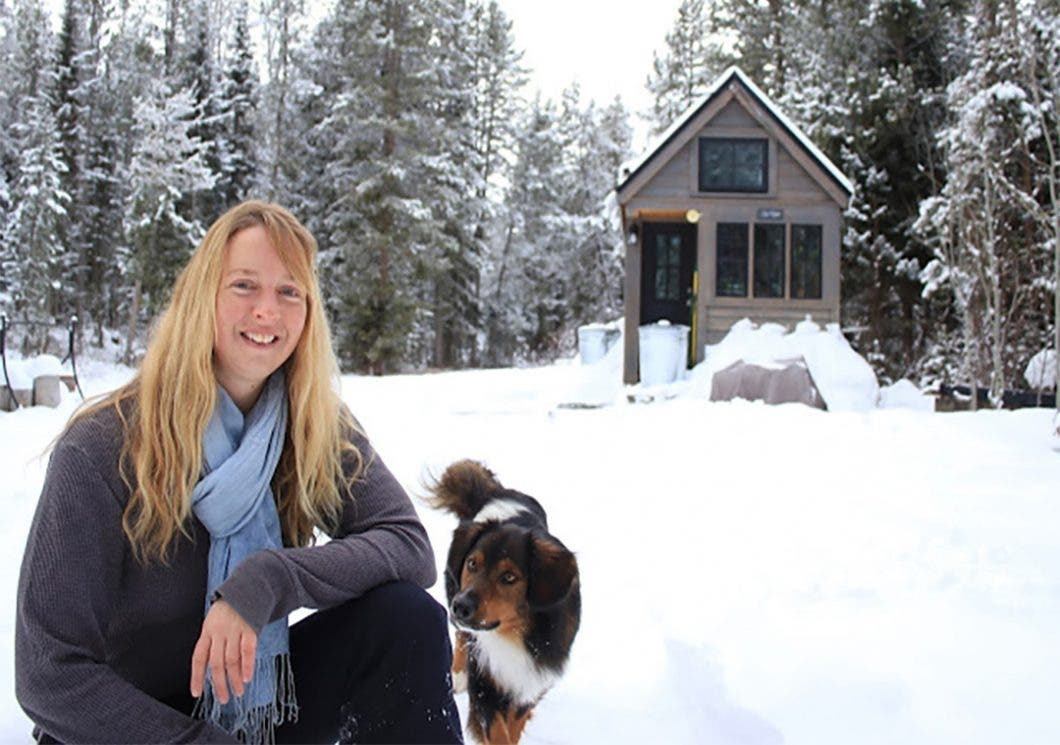
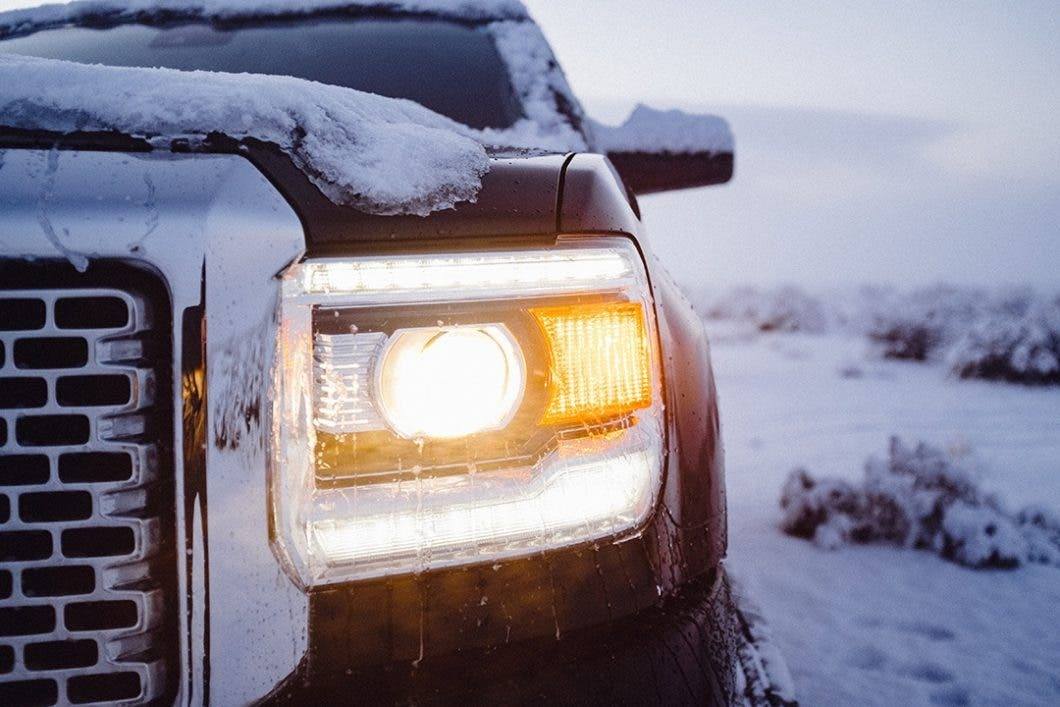
1 thought on “10 Tips Texas Can Take Away from Tiny Housers”